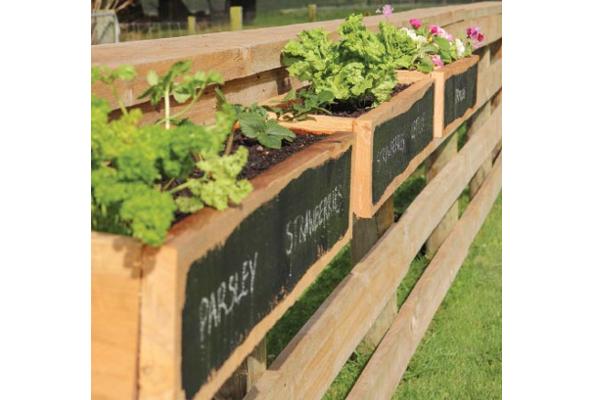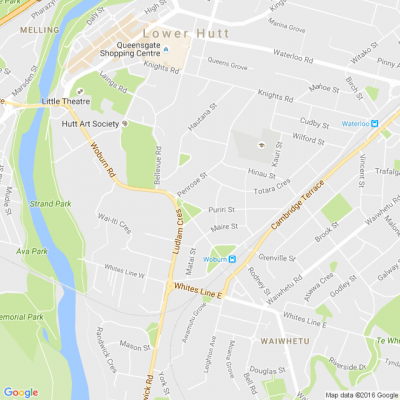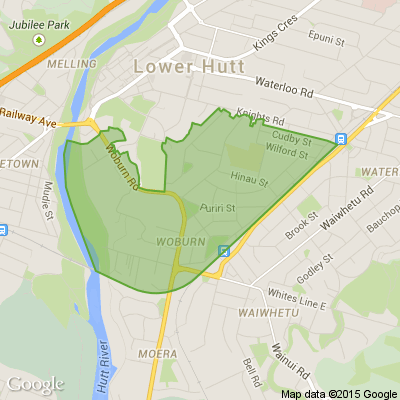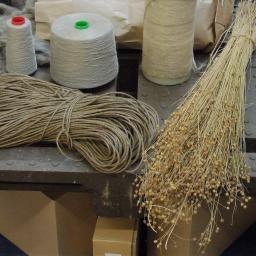How to grow your own Linen
Linen has been used for thousands of years for clothes, bedding and furnishings. It is loved for its soft and cool feel. It is a very strong and durable material which will last much longer than other alternatives, like cotton. Growing your own linen may see overwhelming, but it helps to break it down into manageable steps.
Plant 1 kg. fibre flax seed in a 6m x 6m plot - One plot will give you enough fibre to make a shirt from line (long linen fibres) and tow to weave a couple of towels. Your actual yield will depend on growing conditions, how well you weed the plot and how perfect your retting and hackling techniques are.
Broadcast the seed thickly, over well tilled ground and then walk on it to firm the seed in.
Weed it well about 4 weeks after planting - Your flax will take about 2 weeks to germinate in a cool, wet spring. When it reaches just over 5cm in height you should walk into the plot and weed it well. You can step on the plants without damaging them when they are between 5cm and 30cm tall.
Admire the blue flax flowers as the linen grows - Once the bed has been weeded well, you can just admire it as it grows. About 60 days from planting the flowers start to open. It is very beautiful watching the blue flowers swaying in the breeze. Each flower is open for only one day. Each stock produces several flowers and each flower turns into a seed boll with 6 to 8 seeds.
100 days after planting, harvest the flax - The stocks of flax will be 2/3rds yellow and 1/3rd still green when it is ready to harvest. The flowering will be finished and each slender flax plant will have 4 to 6 seed bolls. You harvest the flax by hand, by pulling each plant out by the roots. Toss the weeds and place the stems of flax in order. Tie into bundles (shooks) about 30cm across, using strong twine.
Shook the flax and wait -Take the shooks of flax and put them, standing upright, under cover to finish maturing the seed and drying the fibre. The whole stock will turn brown as it dries. This takes a month in dry weather, a bit longer in wet weather.
Ripple the flax - Open each bundle of flax, take the flax by the root end and draw the seed end through wide toothed combs or a board with nails acting as teeth. This removes the seed heads. You can begin the retting process now or retie the bundles and wait till Spring.
The seed is edible and has a good oil content. You can crush the seed bolls and separate the seeds from the chaff by winnowing. Save about 1 kg. of seed to replant the field next year. If you don’t want to clean the seed by winnowing, you can feed it to your back yard chickens. They will take care of the seed bolls for you.
See our website for the full tutorial with pictures: www.curtainclean.co.nz...
Poll: Do you think NZ should ban social media for youth?
The Australian Prime Minister has expressed plans to ban social media use for children.
This would make it illegal for under 16-year-olds to have accounts on platforms including TikTok, Instagram, Facebook and X.
Social media platforms would be tasked with ensuring children have no access (under-age children and their parents wouldn’t be penalised for breaching the age limit)
.
Do you think NZ should follow suit? Vote in our poll and share your thoughts below.

-
84.8% Yes
-
13.8% No
-
1.4% Other - I'll share below
What's your favourite recipe for courgettes?
Kia ora neighbours. If you've got a family recipe for courgettes, we'd love to see it and maybe publish it in our magazine. Send your recipe to mailbox@nzgardener.co.nz, and if we use it in the mag, you will receive a free copy of our January 2025 issue.

Railing planters
To gain extra growing space, make and hang these easy-to-build planters on almost any wooden fence or deck railing. Use Resene FX Blackboard Paint so you can easily identify what plants are in each. Find out how to create your own with these easy step by step instructions.












 Loading…
Loading…




















